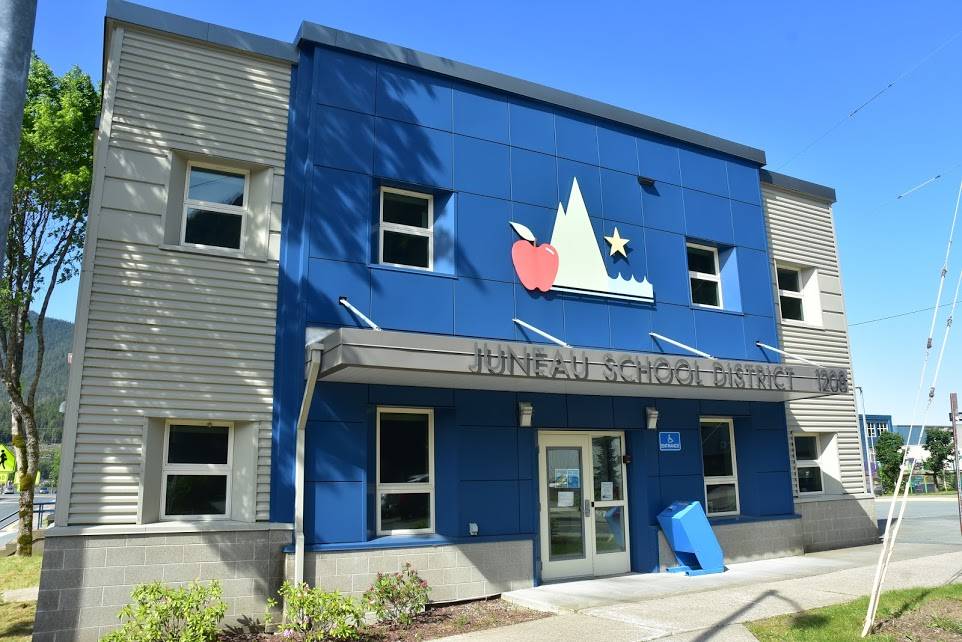The Juneau School District Board of Education held a public forum Monday to discuss its plans to restart schools in the fall.
“Our responsibility is really high to get it right and do it at a pace where it is successful,” said Superintendent Bridget Weiss during the virtual meeting watched by more than 300. “This is part of our stabilization process as we start the school year.”
The beginning of the school year is about seven weeks out, Weiss said. The school district will be using risk levels derived from the Alaska Department of Education and Early Development and the Department of Health and Human Services to decide how they’ll start the school year, Weiss said.
“We know that everything we do is balancing this risk and mitigation, this risk and benefit,” Weiss said. “There really are not easy answers.”
The guidelines specify three risk levels: green, yellow and red. Juneau is currently considered to be in the yellow level, with low to moderate levels of community transmission. To help lessen some of the risk, the district is considering things like splitting classes into A and B shifts, and either having half days or students come in on completely different days.
“Elementary students are likely to have lost the most academic growth during the mandated distance delivery last spring,” read Weiss’ presentation. “Elementary students have the greatest needs for routine and structure.”
Freezer stolen from Lemon Creek residence
No students, at least initially, will come in on Wednesdays to give teachers more prep time and give staff more time to sanitize common areas. As the district and the students get used to the routine, both primary and secondary students will grow into Wednesdays, according to the presentation.
Weiss said educators will work hard to accommodate requests that the new schedule may prompt.
“I am personally going to challenge our leadership to be as flexible as possible with family requests,” Weiss said. “We’re going to pay attention to siblings and getting siblings on the same schedule.”
Individualized education programs will also be on full-day programs from the start, according to the presentation, with more students being added in incremental steps. Teachers will focus on essential standards and core academics, Weiss said, while using face shields and sanitary best practices to keep students and educators safe.
Schools will also continue providing meals, though the final format of that isn’t yet certain, Weiss said.
“We know that will do some grab-and-go meals, but we’re hoping we’ll be able to do some hot meals as well,” Weiss said. “This is still a work in progress, but we will be providing meals, and we will be providing meals for those off days.”
Some things still aren’t certain, however; seven weeks is a long time to look ahead in this pandemic, Weiss said.
“RALLY (Relationships and Leadership Learning for Youth), it’s a work in progress,” Weiss said. “whether we have space and capacity for morning and after-school care is a big question mark.”
Things like after school activities, exactly how transportation will work, mandated masks for students, travel quarantines are all up in the air at this time, Weiss said.
• Contact reporter Michael S. Lockett at 757.621.1197 or lockett@juneauempire.com.

